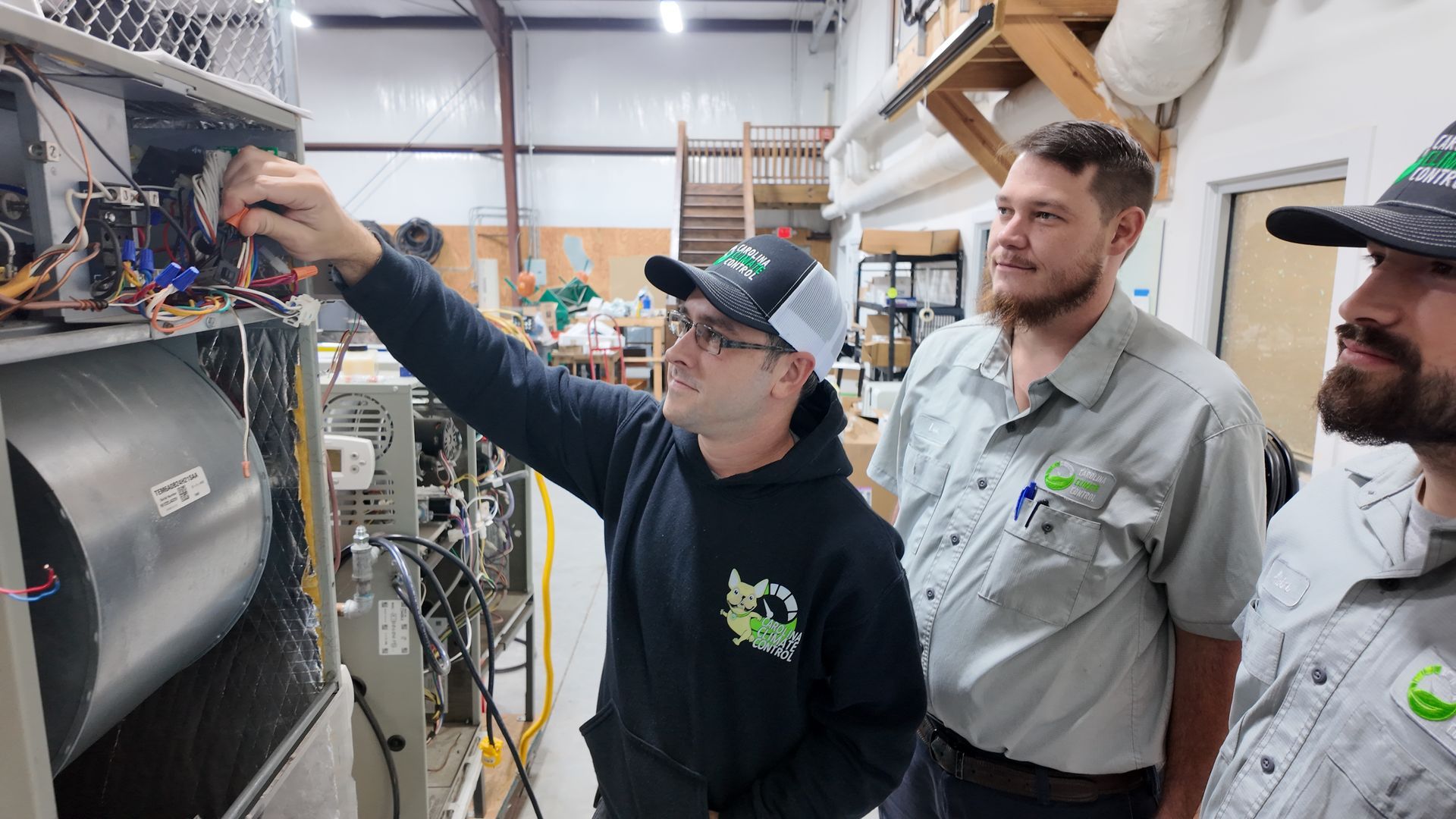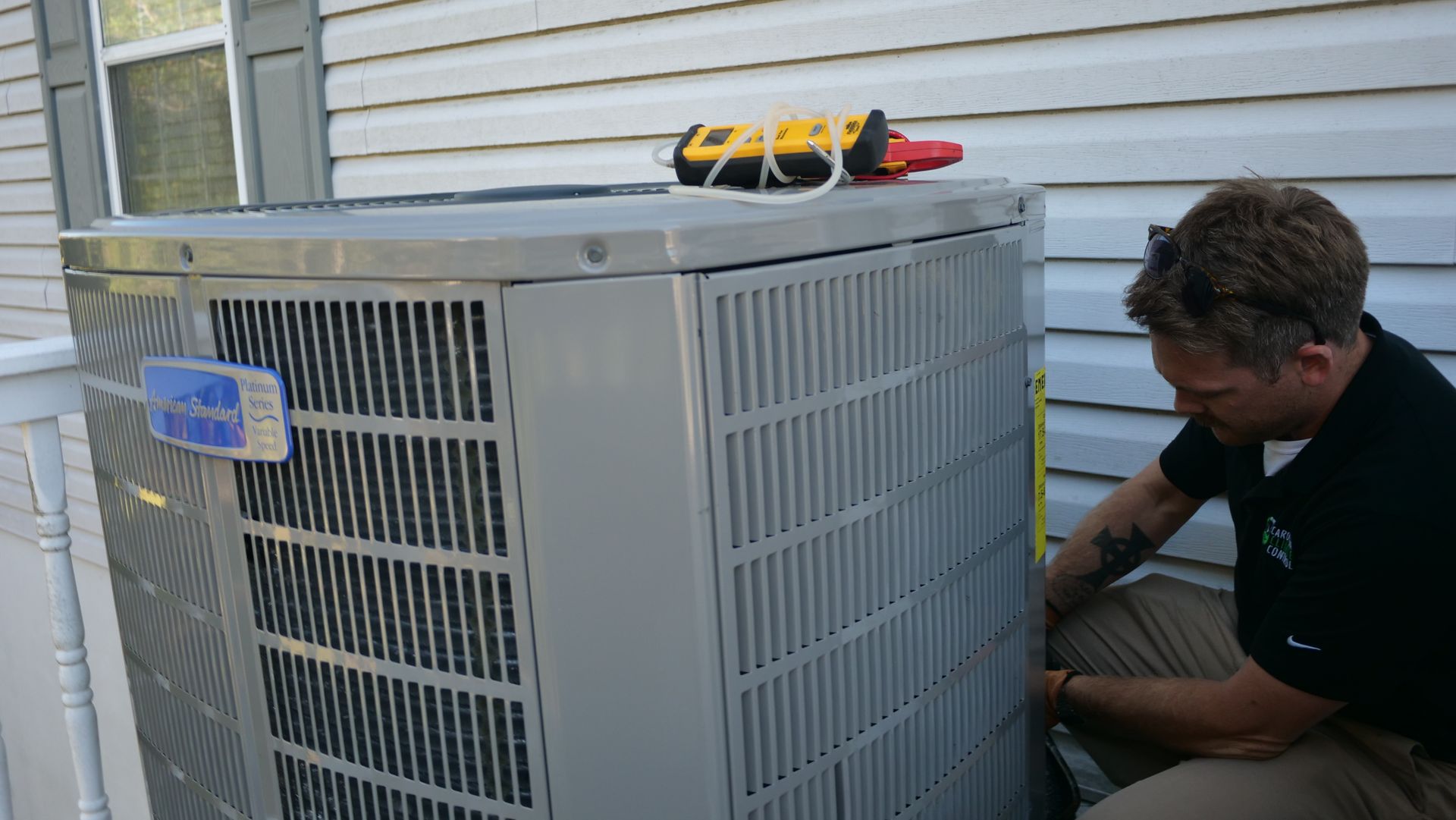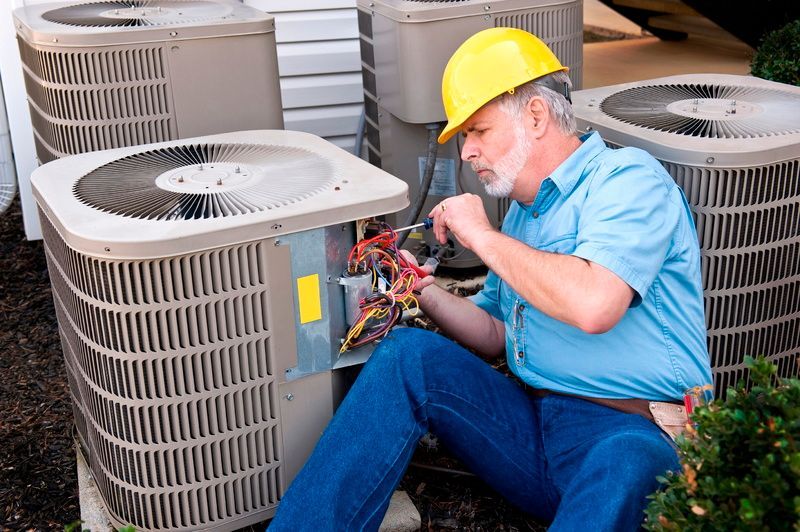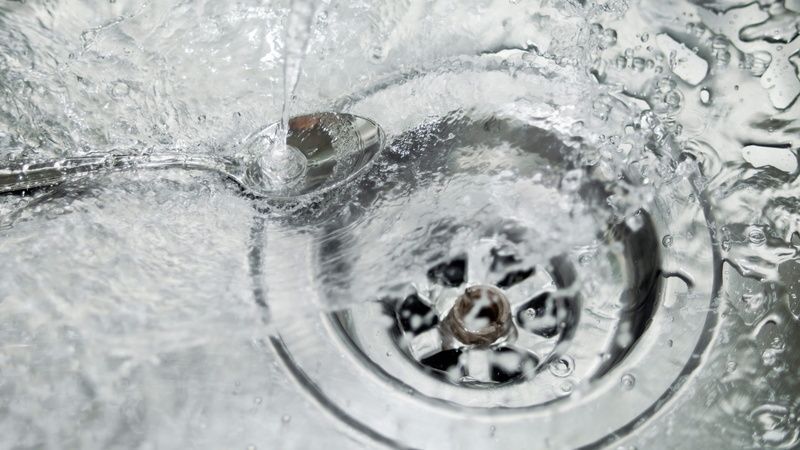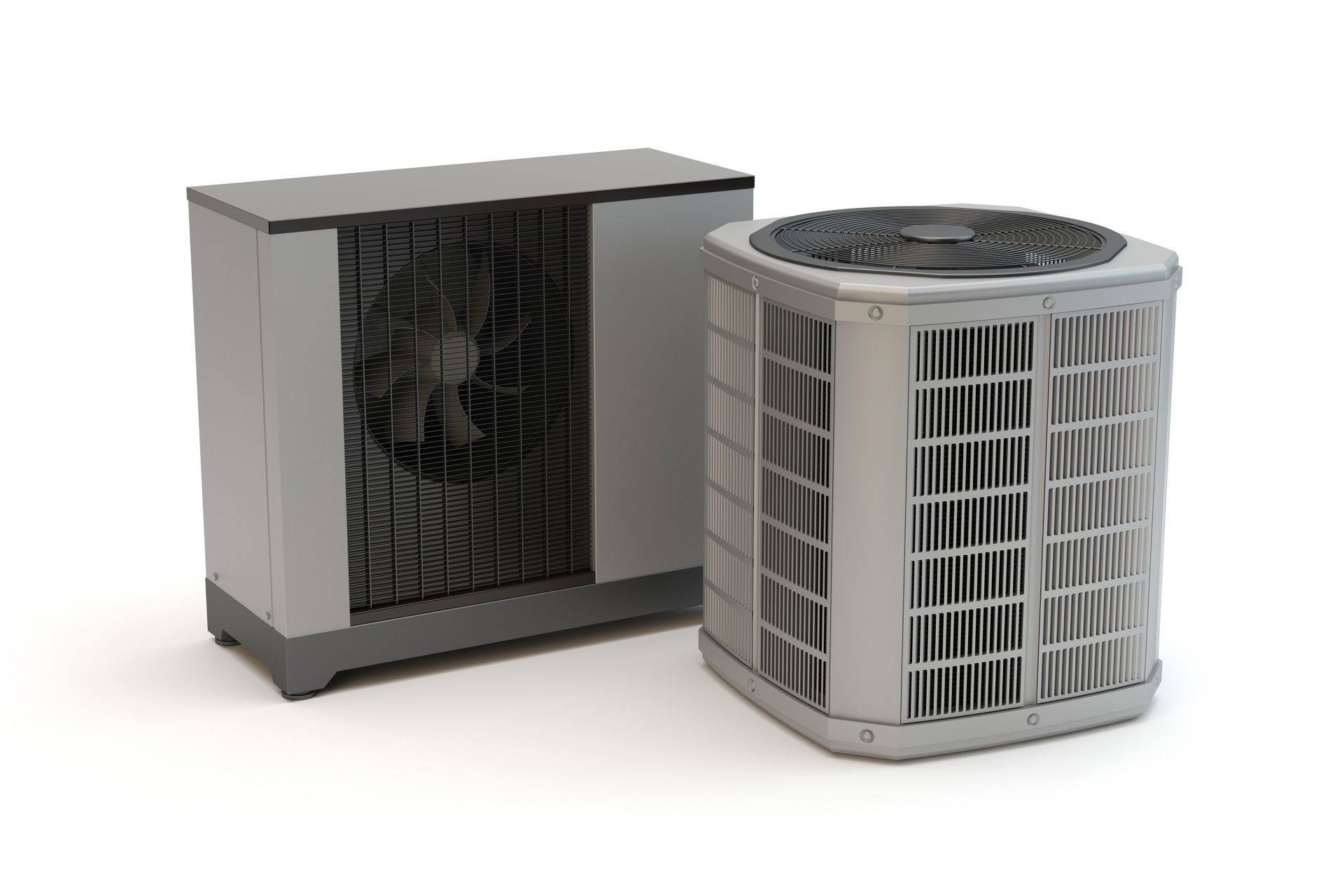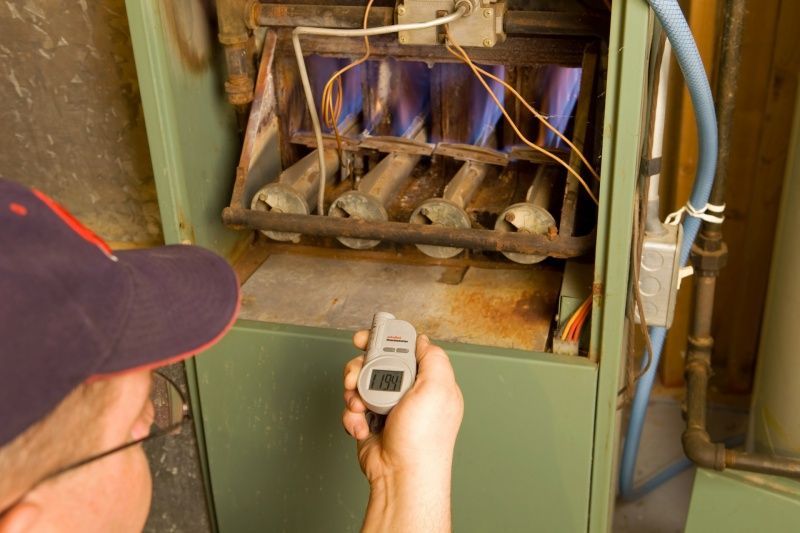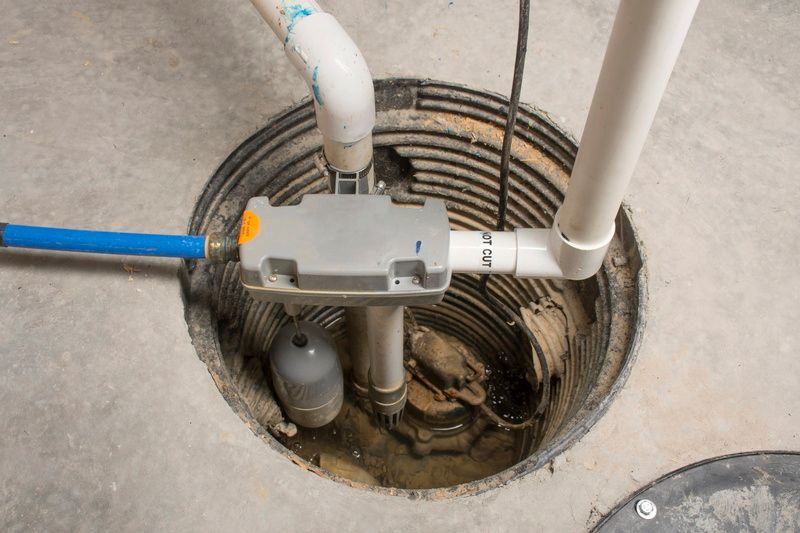What Kind of HVAC System Do I Have?
It is estimated that by 2024, the number of HVAC units sold will surpass 151 million worldwide. As the global climate becomes more erratic, both residential and commercial properties are relying on HVAC systems for comfort.
But, do you know what kind of system you have?
Many people move into a property and make do with what is already there. The problem is that this is not always the best solution. Below, we help you answer the question “What kind of HVAC system do I have?” and find the best one for your needs.
What Kind of HVAC System Do I Have?
There are several types of HVAC systems you may have in your home. Below we have listed the most common types and how to identify them.
1. Heating and Cooling Split Systems
Split HVAC units are the most common type of residential HVAC system. They have two separate main parts. One heats the home, while the other cools it.
These systems are low-cost and easy to modify once the ductwork is installed. If you have areas that only require some heating and cooling they can be very energy efficient.
One way to identify them is through the units used. The first will usually be inside the home for heating and is most commonly a furnace. A second will be outside and is the main cooling system.
The downsides to this are that the ductwork can be expensive to install. You may find allergens and dust also get pushed through the home should it not get regularly maintained.
2. Hybrid Split System
Hybrid systems are very similar to standard split systems though they have a key difference. This is the ability to switch between power sources, mainly gas and electric.
Gas provides more complete, all-round heat but electricity is quieter and more energy-efficient. When you have a hybrid system, you can switch to electricity in the summer months when less heat is needed. As a result, efficiency increases, and utility costs are lowered.
Other than this, they function in a similar way to a split system. Ductwork is required to push air through, which can be costly for a first-time HVAC installation. Systems themselves will be more costly than gas and furnace options, but you will save in the long term.
3. Ductless Mini Split Systems
Ductless mini-split systems use several individual units, all connected to an outdoor compressor. These mini-split systems allow you more individual control over how each room is heated and cooled.
This brings with it increased energy efficiency, as you only heat the rooms you are using. Small properties where it is not possible to install ductwork can also benefit from split systems.
One of the main downsides is that on the heating side, they are not the strongest of options. If you live in climates where it is temperate in winter, then it will be fine. When you start to reach freezing or below it won’t have enough power to heat.
As you need individual units, the initial cost can also be higher than other systems. Parts may also be tough to source when you need maintenance.
4. Packaged Heating and Air Conditioning
With packaged heat and air conditioning, both units are stored in one. The compressor, condenser, and evaporator are all housed in a single unit. In commercial buildings, they are usually on the roof, though for a residential HVAC system they will usually go in the attic space or top floor storage.
These units are very efficient, though they are not always the most powerful heating solutions. As a result, they are not always the best HVAC unit for colder climates. More powerful gas and heat combination units would be more effective.
5. Geothermal Heat Pump System
A geothermal heat pump system utilizes the earth’s natural heat and transfers it to your home. It is collected through a series of pipes installed under the ground.
When the home needs to be heated, the refrigerant in the pipes collects the heat. Cooling the property uses the same system to take it from the home and release it. This method of renewable energy is becoming extremely popular for anyone who wants to reduce their carbon footprint.
Heat pump systems are large, meaning installation is not easy. They are also expensive systems to purchase. You may also require ducts if you are using an air handler, increasing the initial costs.
Luckily you will make this back over the system’s lifetime in energy. You may also be able to get state or federal rebates for the installation of some energy-efficient systems.
Choosing the Best HVAC Unit for Your Home
When deciding on the best HVAC unit, there are a few considerations you should make. The first is that if you are trying to keep costs down, you should use the existing system type. This cuts down on adding ductwork and other infrastructure expenditure.
Your next consideration should be the climate. If you have a property in the Lowcountry , then winters are short and temperate. This means you have a lot of choices when it comes to what type of unit to choose.
After this, make sure you have the right-sized unit. Should you get the wrong size, you may not have enough power to keep the home going. Alternatively, a unit that is too large will consume too much energy.
Finding a Local Contractor
Now you can answer the question “ What kind of HVAC system do I have? ” You should be able to repair and replace it much easier. Don’t be afraid to contact a local contractor for help and advice. They will know the local climate and be able to advise on the right unit for your property.
Carolina Climate Control should be your first stop. We have affordable and reliable heating and air conditioning in South Carolina’s Lowcountry. Contact us here to discuss your needs.
The post What Kind of HVAC System Do I Have? first appeared on Carolina Climate Control.
